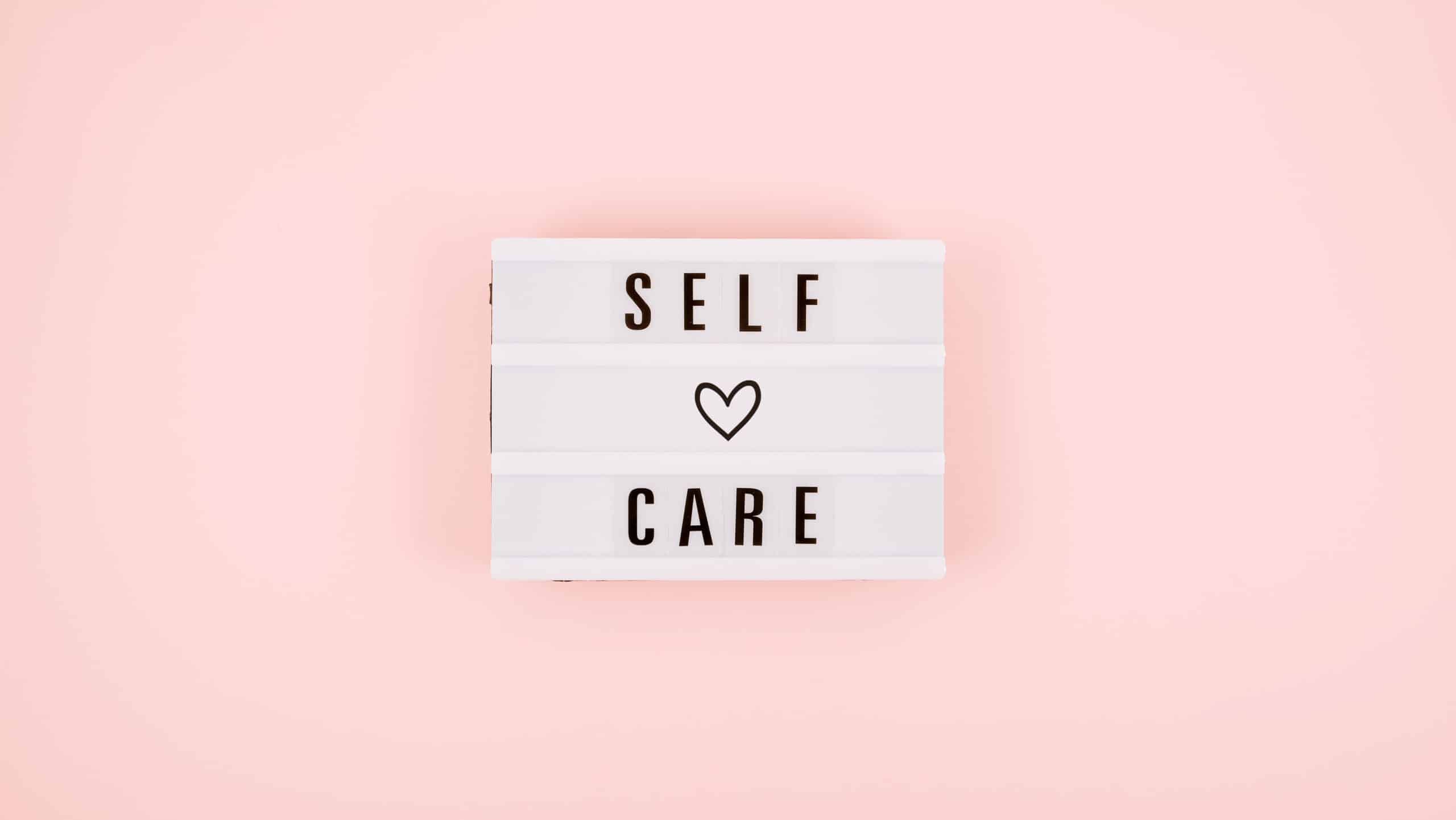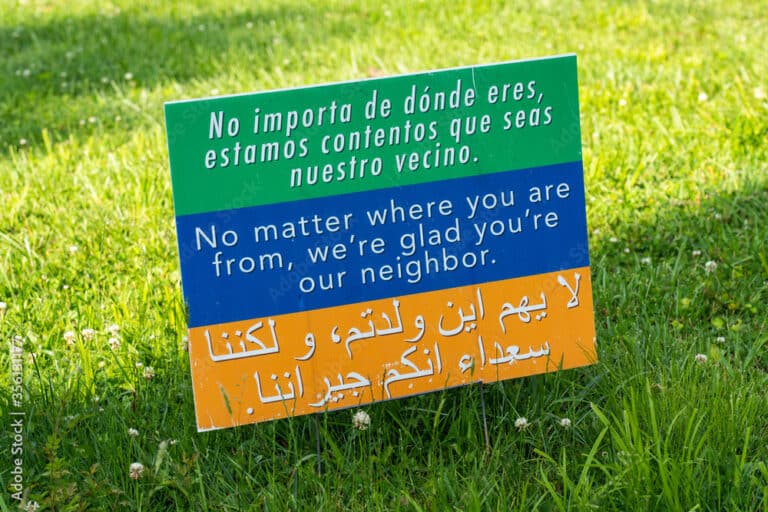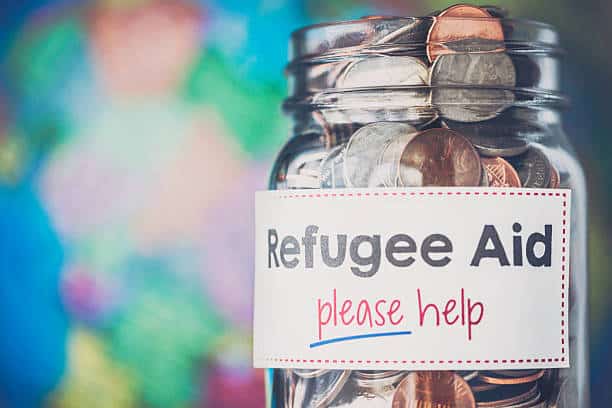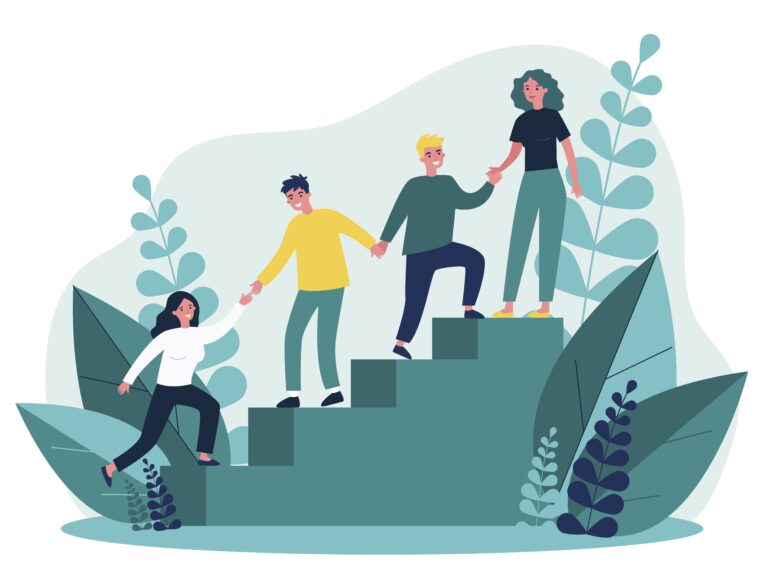Caring for the Carers: Mental healthcare for settlement volunteers
Back when I lived in Sydney, long before I became a Clinical Psychologist, I trained to be a crisis counsellor with the Wayside Chapel in Kings Cross. The facilitator guided us to think of ourselves as ‘pitchers’ and our clients as the ‘cups’. There needs to be water in the pitcher in order to fill up the cups. The take-home message: if you are in the caring profession, you need to take care of yourself too, sometimes even before ‘filling up’ others.
Fast forward to many years later, and I now work as a staff health psychologist for humanitarian agencies. Staff health units provide psychological support to humanitarian aid workers, which is much needed when doing this often difficult and confronting work. And again, the ‘pitcher’ and ‘cups’ analogy is the guiding principle. Make sure you take care of yourself in order to have enough in reserve to take care of others.

Caregiver burnout: when the pitcher runs dry
Sounds simple enough, right? But the reality is, when the demands are high, time sensitive and emotionally demanding, it can hard to press the pause button and refuel. People often feel guilty for taking care of themselves, especially when others’ needs are so high, so urgent and so desperate. So, what happens when the pitcher runs dry, for both the person and those relying upon them? My clinical work often focuses on caregiver burnout, and how hard it is on both sides of the relationship.
When signing on as a refugee settlement volunteer, the need for self-care is a critical part of what we do. Without it, we risk not fulfilling our reasons for becoming a refugee sponsor, and not fulfilling our obligation to the refugee newcomer. The challenge is to balance the needs of ourselves and those we are helping, especially when our pitchers are running low.
Self-care Pointers from a Psychologist and Settlement Team Volunteer
Here are some pointers that I find helpful both as a psychologist and as a volunteer. They may be helpful for you too.
- It’s ok to take a break! Honestly, it is. Get to know your red flags of fatigue, and when necessary, let the person you are supporting know that you’ll be unavailable for a period of time. Whenever possible, arrange for back-up support from another helper. If you’ll be unavailable for an extended period of time, look to hand over your support duties to another person.
- Set boundaries. Take some time to think about your limits and set them. While being available for 24/7 may feel like what you need to do, consider how feasible it is to sustain that pace long term. For me, a bad habit is going to bed with my phone on, which I inevitably check during the night. Phones on silent during dinner and family time, and off overnight, are a must for me. What works for you?
- Factor in the fun! Working in high-pressure environments can sap our energy faster that we realize. Make time to do something that you enjoy. Not only will your body appreciate the break from the pressure, your mind will benefit from feeling good again. And the person you are helping will appreciate working with a well-rested and happy volunteer.
- Beware the guilt. The refugees that Ads Up Canada are sponsoring are in a terrible situation and have been for over 8 years. The stories are heartbreaking, and rightfully so. No human being deserves to be treated this way. Remember, though, you are part of the solution, not the cause of their distress. Be mindful of guilty feelings that lead you to feel that you are not doing enough or can’t provide immediate relief to the problems. Focus on what you can do, rather than get tripped up by what you can’t. Being solution focused will help you and the newcomer be empowered by what can be changed rather than downtrodden by problems outside of your control.
- Trust in the resilience of the newcomer(s). Each person arriving through Operation #NotForgotten has already survived so much, and no doubt they have relied on their resiliency and personal strength to get through. Needing help is not the same as being helpless. It will empower both you and the newcomer to remember that they also have the capacity to fill their own ‘cup’.
There is no one way to be a resettlement volunteer. Each person will find their own rhythm and I encourage you to find your own strides as a helper that feel authentic and sustainable. While this list isn’t exhaustive, it will hopefully help you steer you onto a path that works for you and the person you are helping.
Best of luck, and thank you for ‘stepping up’.







